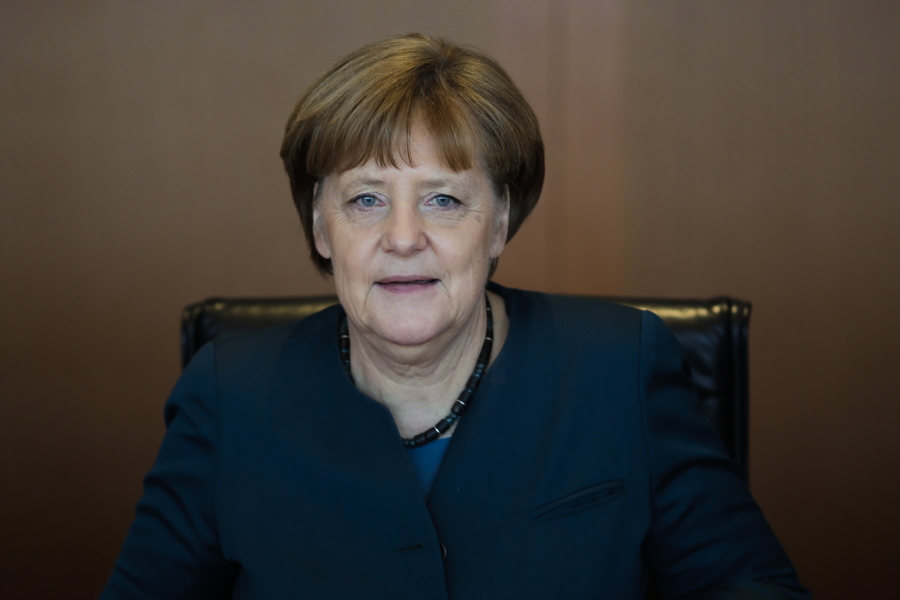WASHINGTON — After more than a decade in office, German Chancellor Angela Merkel has become the most important American ally in continental Europe and the region’s most powerful leader by far.
As a presidential candidate, Donald Trump derided Merkel’s open-arms refugee policy as a “disaster,” questioned her trustworthiness and threatened to impose import penalties on German car makers.
In style and substance, the two leaders — one hot-tempered and confrontational, the other unflappable and detail-oriented — could not be more different. On policy, they disagree on immigration and refugees, a resurgent Russia, global trade deals and the European Union.
Today, President Trump will welcome Merkel to the White House for their first sit-down summit in what both sides see as a chance to seek common ground and restore stability in trans-Atlantic relations.
“The stakes for this meeting … and for this relationship even more so, are very high,” said Heather Conley, Europe program director at the nonpartisan Center for Strategic and International Studies in Washington.
But she said expectations are low for the meeting.
“I’m not even sure expectation is the right word,” Conley said. “We have to think about these things as managing through a fairly turbulent moment (in the U.S.), trying to begin to establish that relationship and framework and setting down a clear set of markers of values and principles.”
The two are expected to discuss strengthening the NATO military alliance, collaborating in the fight against terrorism and the Islamic State, and taking steps to resolve the conflicts in Syria and Ukraine, where Russia has intervened.
Merkel, who has been chancellor since 2005, has met with Russian President Vladimir Putin more often than any other foreign leader, and U.S. officials believe she has more than held her own.
A senior Trump administration official said Trump “will be very interested in hearing the chancellor’s views on her experience interacting with Putin … very interested in hearing her insights and what it’s like to deal with the Russians.”
Previous U.S. administrations have viewed Germany as a bulwark against Russian aggression in an increasingly troubled Europe, and the glue that holds together U.S.-European sanctions against Moscow following its 2014 seizure of Crimea.



